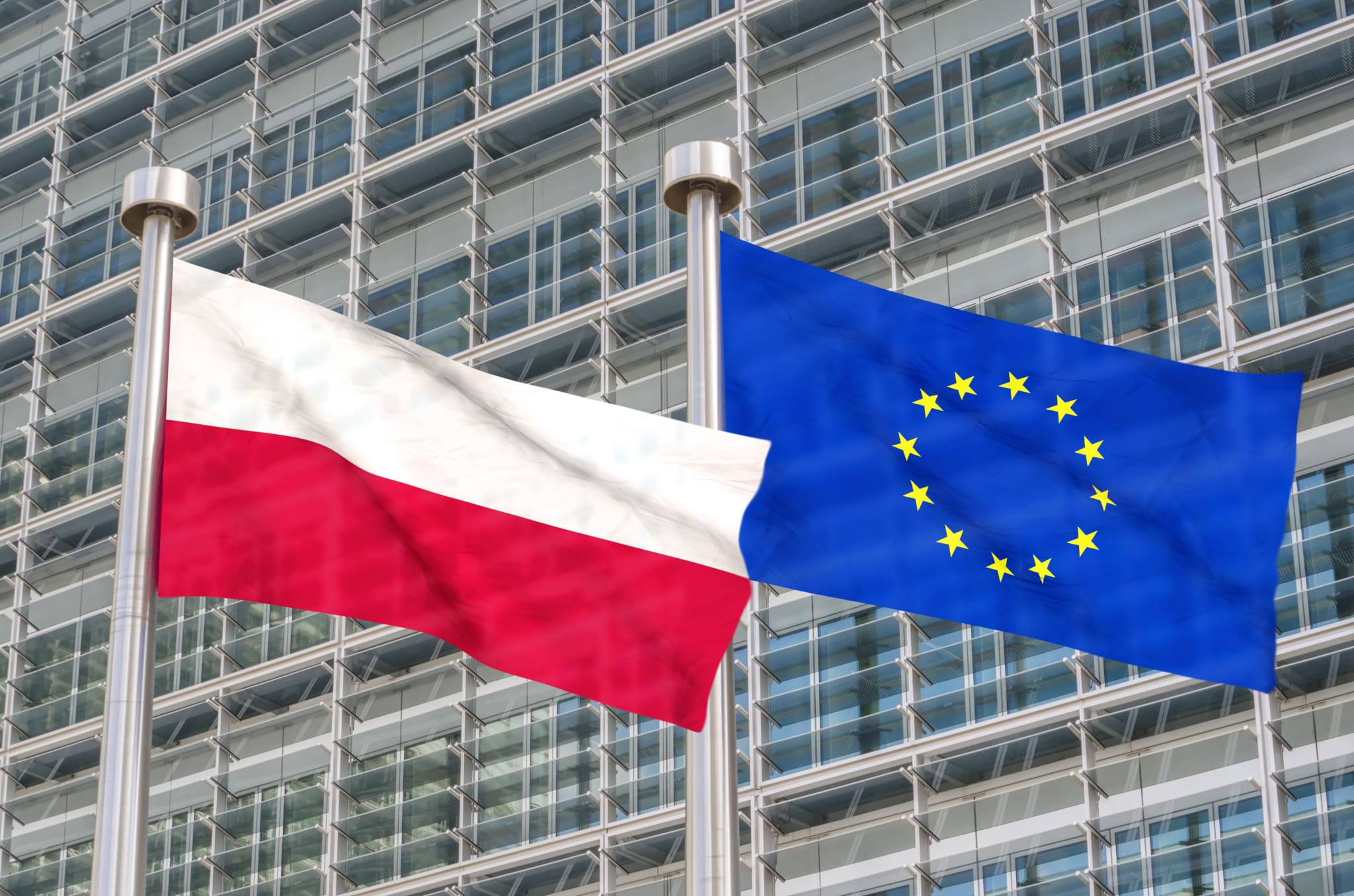As it stands, the EU cannot build an EU army and Brussels-based foreign policy when member states such as Poland have veto power. Brussels wants to centralize control of these important areas and grab this right away from member states.
Poland is completely against what it describes as a power grab.
A statement issued by Polish Foreign Ministry spokesman Łukasz Jasina addresses the proposals to decide on European foreign, defense and security policies according to the principle of qualified majority voting used for other matters in the European Union.
It confirms that Poland will defend the principle of unanimity as currently defined in EU treaties and will oppose broadening the scope for qualified majority voting inside the EU.
The foreign ministry goes on to note that “some member states are considering giving up the right of unanimity in decisions on security, foreign and defense policies within the EU.”
It adds that “if we are faced with coordinated waiving of these rights of veto by member states or a moratorium on the use of the veto, then Poland will respect such decisions.” However, it continues, “Poland does not envisage waving its rights currently or in future.”
The document argues that the principle of unanimity guarantees the rights of member states, makes each voice equal and enables member states to protect their interests. That means that any decisions regarding war and peace will remain within the domain of the member states.
The Polish foreign ministry also argues that forcing through decisions by a majority could lead to rushed decisions that have negative consequences for the security of the EU. It cites the example of the Nord Stream 2 pipeline. Had the decision on this been taken by a qualified majority, it would have likely been built more quickly without the safeguards that were put into the EU’s gas directive. The ministry also noted that it believes the principle of unanimity is a guarantee of the coherence of the EuroAtlantic community by ensuring that the objectives pursued by the EU are in line with those of NATO.
The foreign ministry cited the European debate on putting a cap on Russian oil. As a result of minority views being respected, a sensible limit was set that limited Russian profits without destabilizing global markets.
Finally, the Polish foreign ministry notes that unanimity did not get in the way of the political will to assist Ukraine and establish missions in Ukraine, Armenia and Moldova. It was also possible to establish a civilian EULEX mission in Kosovo without having to agree on the question of recognition of that state.






